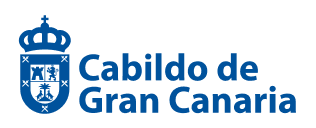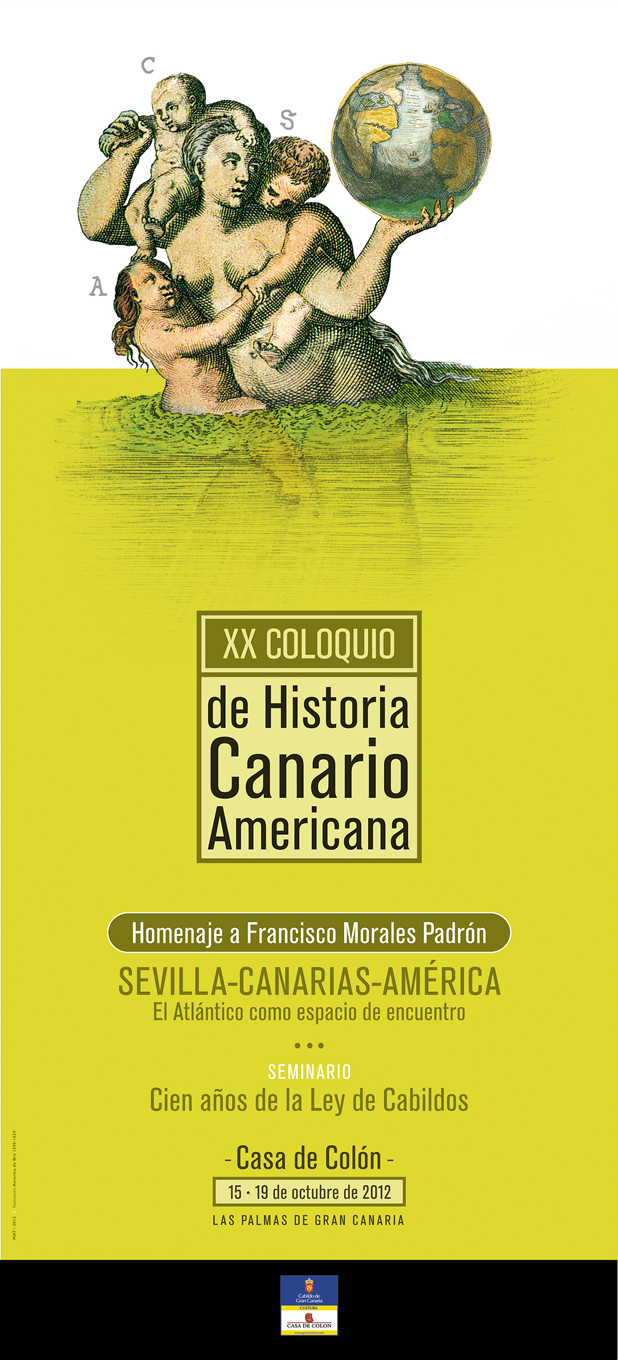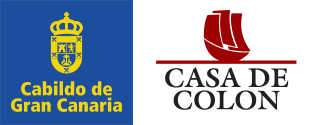El viaje científico canario-americano (1799-1804) de Alexander von Humboldt. Diarios y relaciones epistolares y su recepción en la literature en el siglo XXI / The Canarian-American scientific voyage (1799-1804) of Alexander Humboldt. Diaries and...
Palabras clave:
Alexander von Humboldt, volcanes, fracaso, viajeros, Tenerife, volcanism, failure, voyagersResumen
Mi trabajo intenta plasmar la recepción en la literaturadel viaje de Alexander von Humboldt, que inició en LaCoruña y le llevó a las colonias españolas a finales delsiglo XVIII, pasando por las islas Canarias con unaestancia de solo siete días en Tenerife. Como puntocentral hemos elegido la subida al Teide realizada porHumboldt el 21 y 22 de junio de 1799, con especialatención al significado del volcán en el viajeamericano del científico universal. El volcán y elvulcanismo investigado por Humboldt y vivido, porprimera vez, en forma de reto físico y de lo sublime enTenerife, constituyendo posteriormente en su viajeamericano anhelo y vivencia de limitación, fracaso yerror (Ette 2009), se traslada en las múltiples obrasliterarias que giran alrededor del Weltbewusstseinhumboldtiano.
My work tries to analyse the reception in literature ofAlexander von Humboldt’s travel, which began in LaCoruña and led him to the Spanish colonies, passingthrough the Canary Islands with a stay of only sevendays in Tenerife, at the end of the XVIIIth century. Asmain point we have chosen the climbing of Teide byHumboldt on 21st and 22nd June 1799, focusing on themeaning of the volcano in the American travel of theuniversal scientist. The volcano and the volcanismscientifically investigated by Humboldt and lived, forthe first time, in the shape of a physical challenge andof an experience of the sublime in Tenerife,contrasting with his later American travel whichconveyed a feeling of longing and an experience oflimitation, failure and error (Ette 2009), appear in thenumerous literary works which deal with thehumboldtian Weltbewusstsein.




